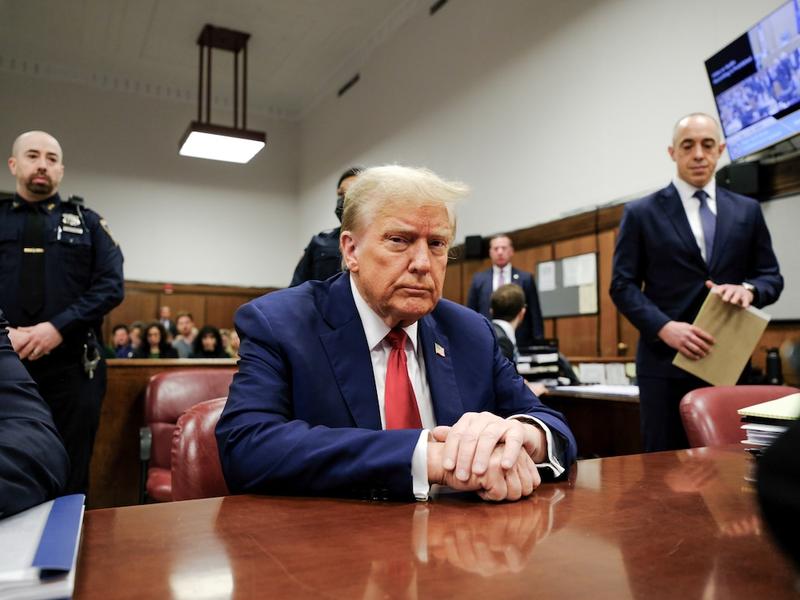
The centennial of Frank Sinatra’s birth this Saturday is being celebrated for many reasons, most of them musical and cinematic. Yet, an aspect of the Sinatra legacy that’s easy to overlook is the weaving together of the celebrity world with the world of politics that, for better or worse, Sinatra pioneered. About two-thirds of Sinatra’s entertainment career, from the 1940s to the mid 80s, was also spent on the political stage. By the time he moved from the Democratic to Republican Party in the 70s, active public participation by celebrities in elections and other causes had become a familiar part of the political landscape. But when Sinatra endorsed and campaigned for Franklin D. Roosevelt in 1944 and, one year later, championed racial and religious tolerance in an Oscar-winning film short called The House I Live In, he was out on a limb pretty much by himself. The smart money in show business at the time steered entertainers away from political controversy. The assumption was that taking a stand would alienate the half or more of the audience that votes for








Subscribe Today
Our subscribers have first access to individual race pages for each House, Senate and Governors race, which will include race ratings (each race is rated on a seven-point scale) and a narrative analysis pertaining to that race.